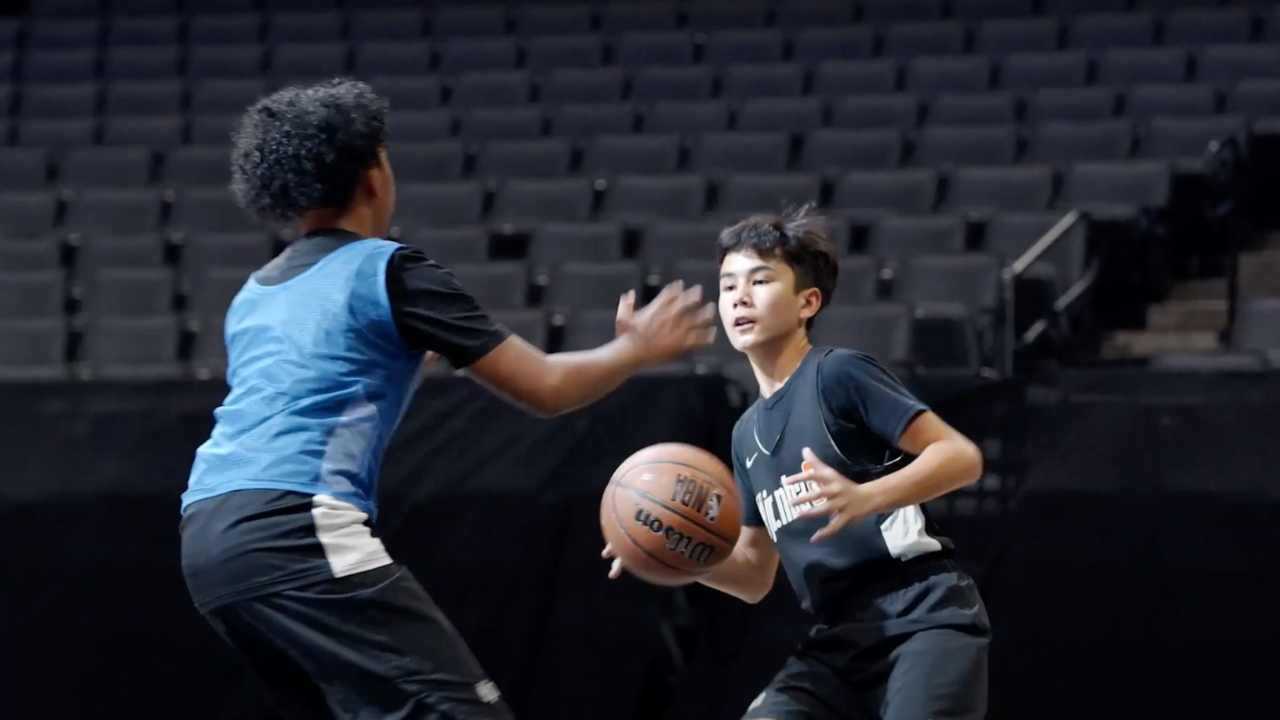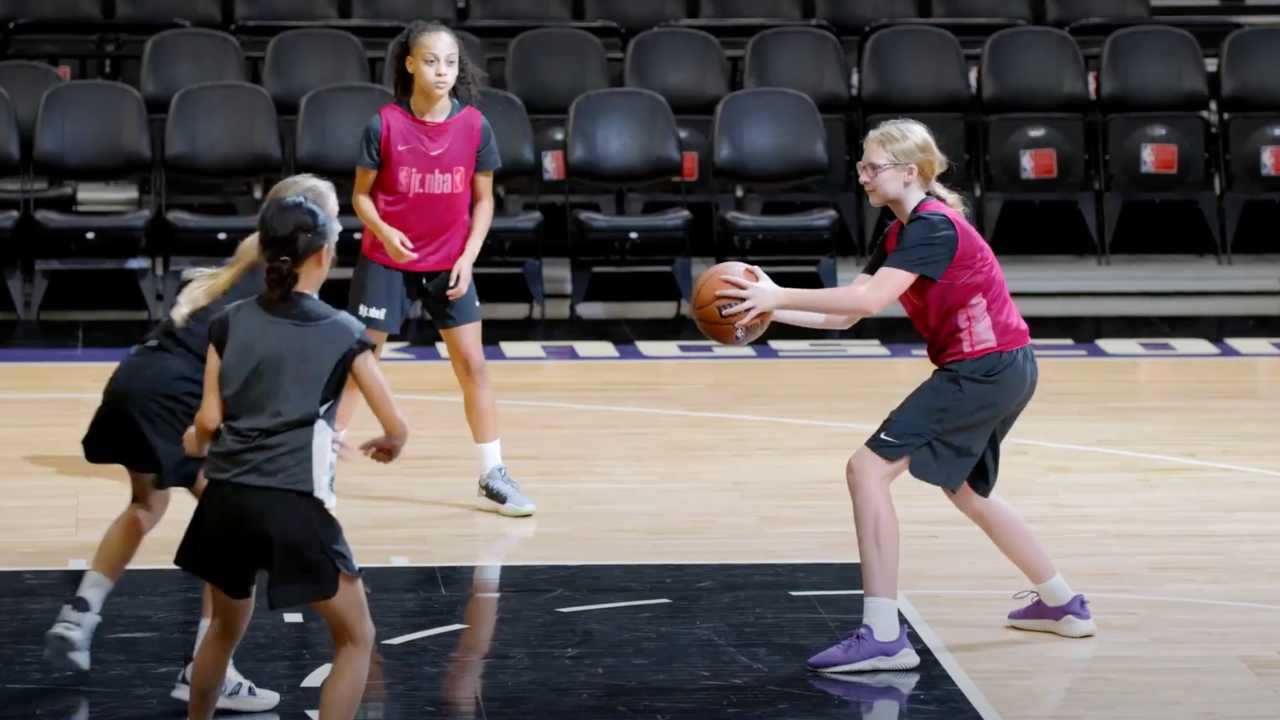5 Ways to Prevent Coach Burnout
Coach burnout is real—but not inevitable
Iva-Marie Palmer
| 5 min read

Chris Duplex is probably the last guy you’d imagine succumbing to burnout. As coach of his then 9-year-old son Kasra’s flag football team, he led his players to consecutive championships in fall 2021 and winter 2022. He’d spent four years with the Matt Leinart Flag Football League in Southern California — and he loved it.
But success, and loving the game, doesn’t prevent burnout, and Duplex decided to call the winter season his last.
Burnout — defined by the American Psychological Association as “physical, emotional or mental exhaustion, accompanied by decreased motivation, lowered performance and negative attitudes towards oneself and others” — plagues professionals and parents alike. And volunteer parent-coaches are no exception. In fact, with day jobs and families, it’s easy to see how they’re even more susceptible.
Here are five tips that can help prevent coach burnout, from coaches who have been there.
Reset your expectations — every season
Duplex thinks one of the reasons he hit burnout over the winter season was his mindset going into it. “My expectations were high and I thought it was going to be easier than it was,” he says, partly because he was coaching kids who he’d coached before, many of whom knew each other from school.
But, as he learned, “Every season has its challenges.”
At first, Duplex assumed familiarity would work in his favor. But it was just the opposite. “Because they were buddy-buddy and knew the game, a lot of them came to practice wanting to fool around,” he explains. The gap between his expectations and reality made practice that much more frustrating — and less fulfilling.
Remember your why
Three-quarters of the way through the winter season, Duplex was so burnt out he ended a practice mid-way through. The kids were uncooperative. He was exhausted.
What got him back on track? Finding his why, as he puts it.
“I had to come back to ‘Why am I doing this?’” he says. Just one season prior, he knew: It was about having fun — and seeing the players grow.
It wasn’t just his why, but the team’s, too. “I had to ask them why they were there, why they wanted to be on the team and why they wanted to go for a championship.”
The clarity helped everyone refocus — and recommit.
“If you don’t know why you’re doing something,” he says, “it’s a lot harder to achieve what you want to do.”
Don’t go it alone
Chris Powers coaches his 9-year-old son Chad’s Little League baseball team in Naperville, Illinois — and has since tee ball. Having played baseball as a kid, Powers remembered his own father and uncle being there for every practice and game. But his work schedule just wasn’t going to let that happen.
“My personality is of someone who doesn’t like to ask for help,” says Powers, “but I just had to grow up and realize I needed it.” Several dads were more than happy to pitch in during practice. Willing parents formed a text chain to keep themselves organized — deciding who could be at which practices, which drills to run and who would bring equipment.
“Everyone coaching is volunteer mom or dad, and human nature is such that people won’t initially stick their necks out to lead,” Powers says. “But they’re more often than not willing to help—if asked.”
Let the game do the work
If, after a couple overloaded weeks, you find yourself losing sleep over practices, feeling run down or just generally wishing you could clone yourself and be two places at once, you might not need to quit so much as step back.
Duplex recommends switching things up and having a practice that’s no drills, all fun — like a full-practice scrimmage.
Colt Chase, executive director of Fairbanks Youth Soccer in Alaska, says some coaches worry about having their team scrimmage for a whole practice because “they think it seems lazy.” But, he says, it’s actually a great opportunity to correct what in-game mistakes players might be making. So, step back, have a practice that’s all scrimmage and “build instruction into it,” he says.
Take it one season at a time
Normally, Duplex coaches flag football in the fall and spends the winter enjoying the holidays and snowboarding. This past year, he said yes to back-to-back seasons — which, he says, could have been one reason behind his burnout.
Chase, who’s also volunteered as a coach for his four kids, says that it’s useful for volunteer coaches to think in single seasons.
“If all parents in programs that are volunteer coach-based had the same mindset of ‘You know, I’ll take my turn this season and then someone else can, and I won’t feel the pressure to volunteer next time because I did my part,‘ and if the league or organization actually promotes this kind of mentality, it’s a huge help,” he says.




